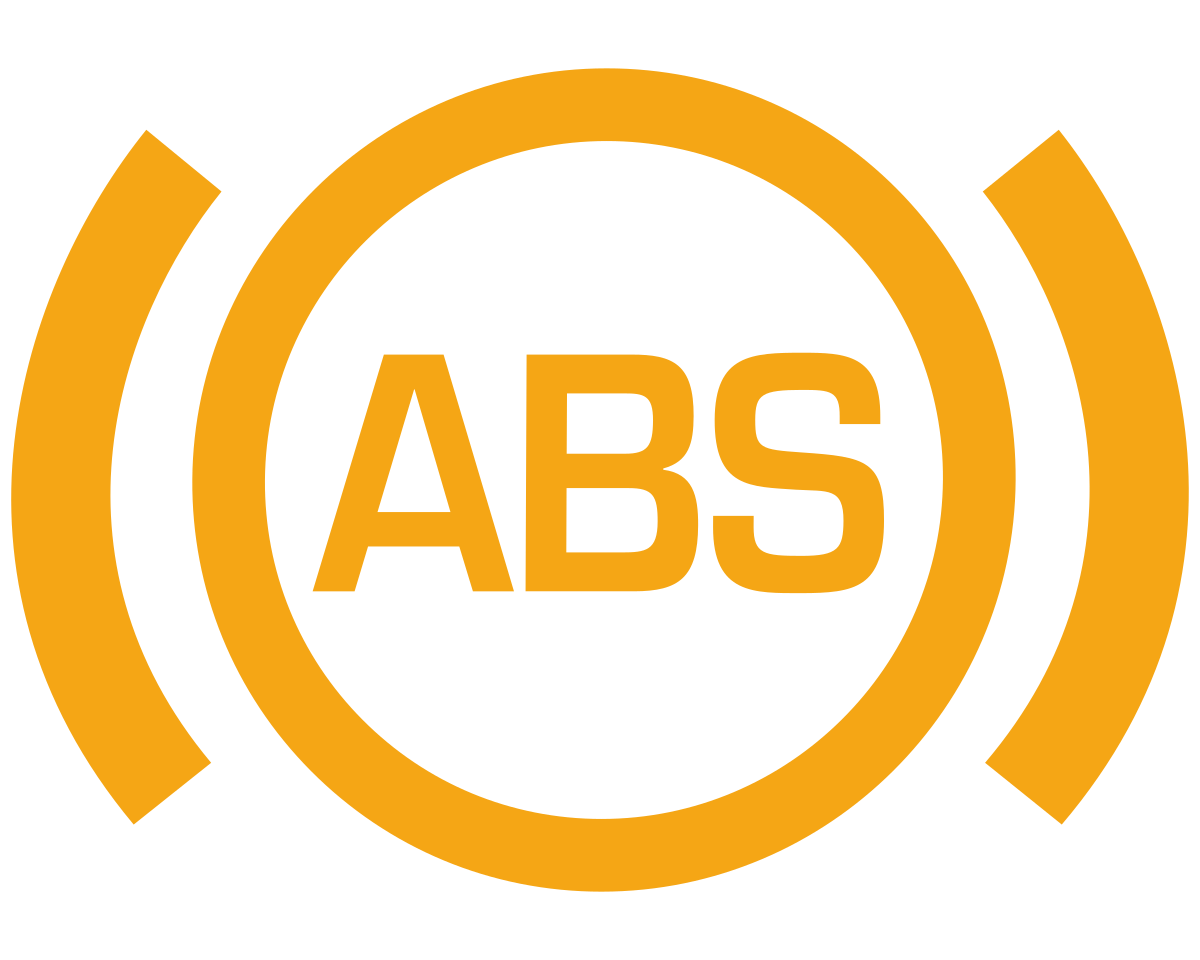That's cool. I think it's legit for the reasons I've previously provided. You think it's bogus for your own reasons. We both still want to know what's actually happening and why.
What's with the absolute statements?
For the record, I never said that Cold Always = Slick. I said the risk of ice forming is higher. The risk varies, and is dependent on a lot of things (humidity/precipitation, asphalt/concrete, snow and ice control measures, etc.). Mazda's sensors aren't so sophisticated that they can assess the type of pavement or what chemicals are being used for snow and ice control. Further to that, people have varying thresholds for when they choose to turn on their wipers. Someone who's never applied a rain repellant will likely turn on their wipers before those who have applied a repellant, for example.
It's obviously also not strictly a safety issue for the reasons you and others have mentioned previously, but if the performance is reduced based on ambient temps, it's likely related to safety in some way or another (maintain traction, protect the engine, or something else).
Other manufacturers might be able to mitigate whatever this issue is through other ways (or might not have to deal with it at all). Subaru's Symmetrical AWD (and maybe Audi's Quattro?) is superior to Mazda's, maybe that's why they don't have this issue. Or maybe Acura's engine design accounts for something that Mazda hasn't figured out yet, and that's why Mazda is being so tight-lipped on the issue.
Who knows.

en.wikipedia.org
